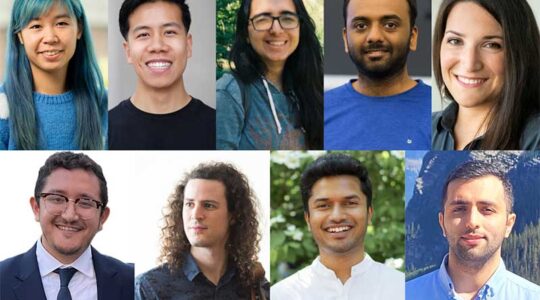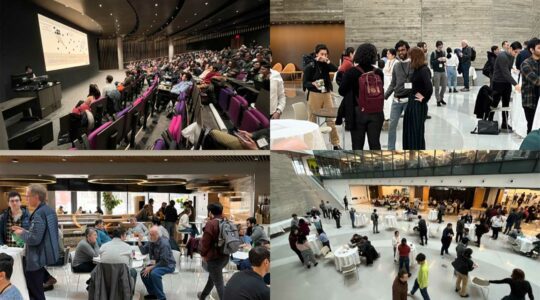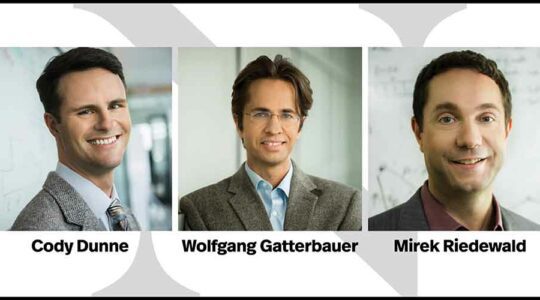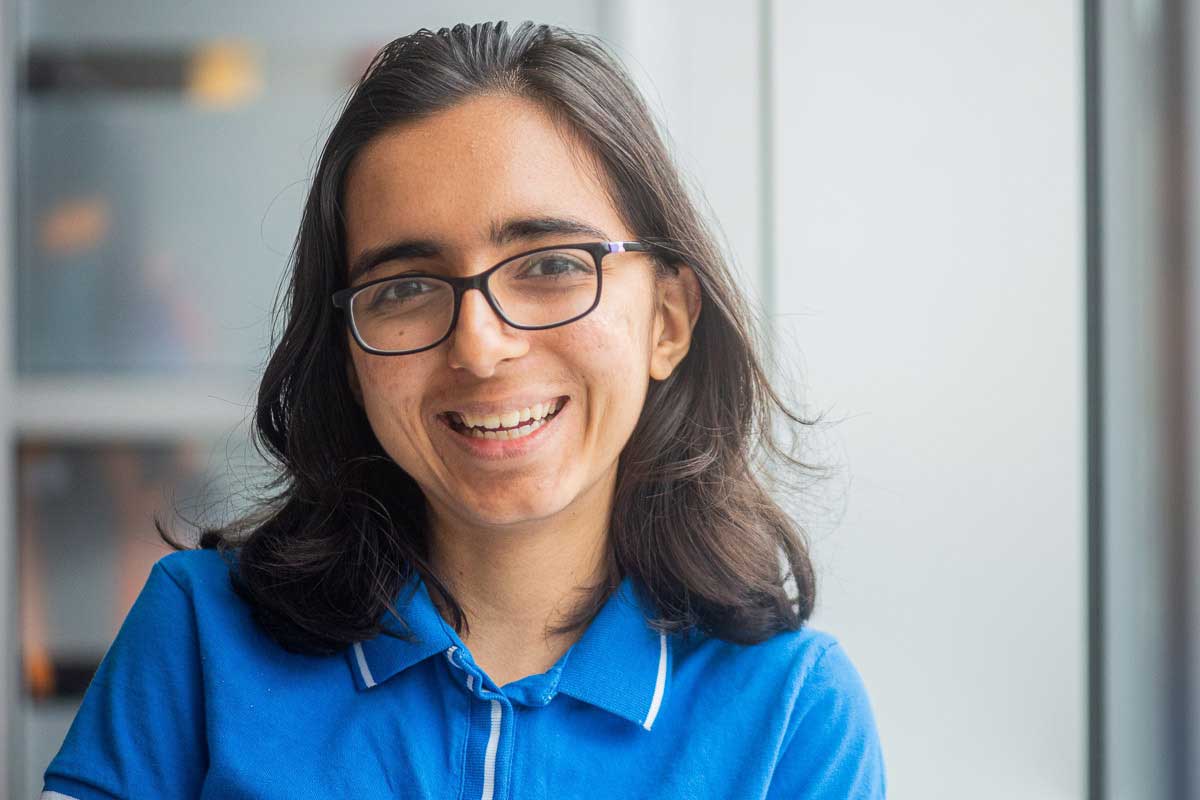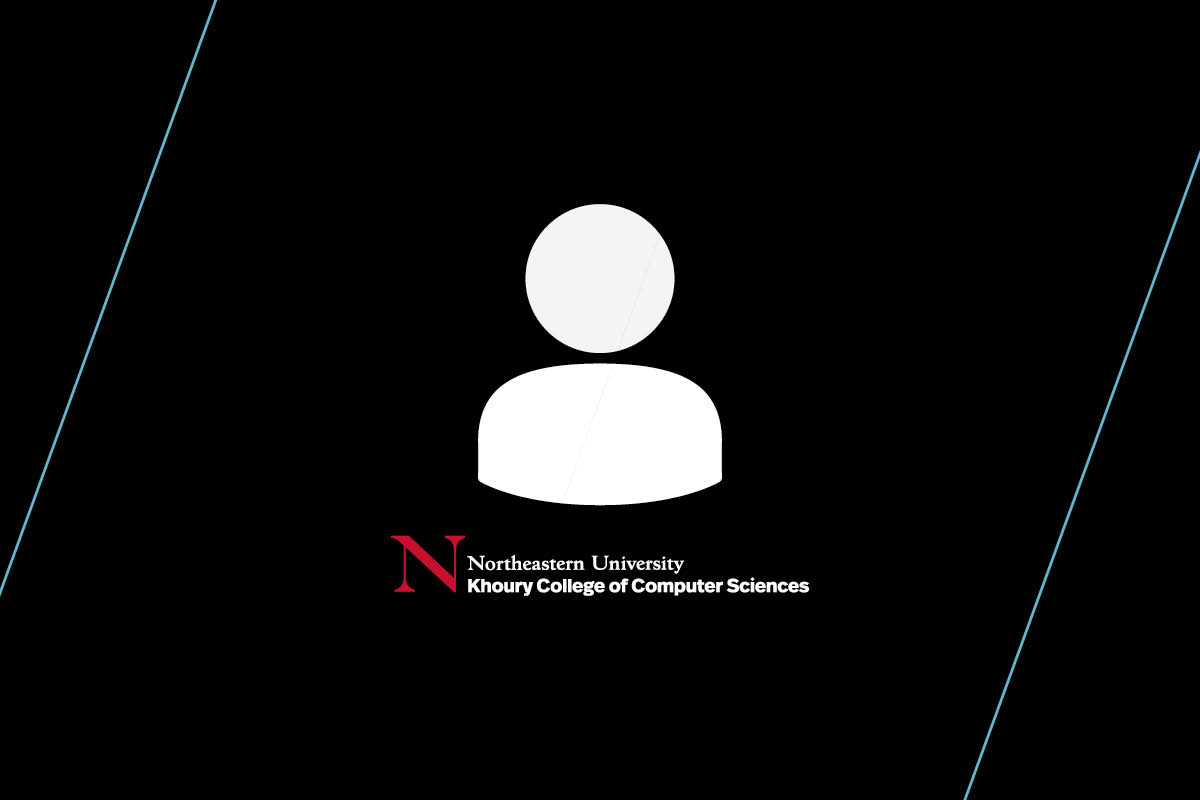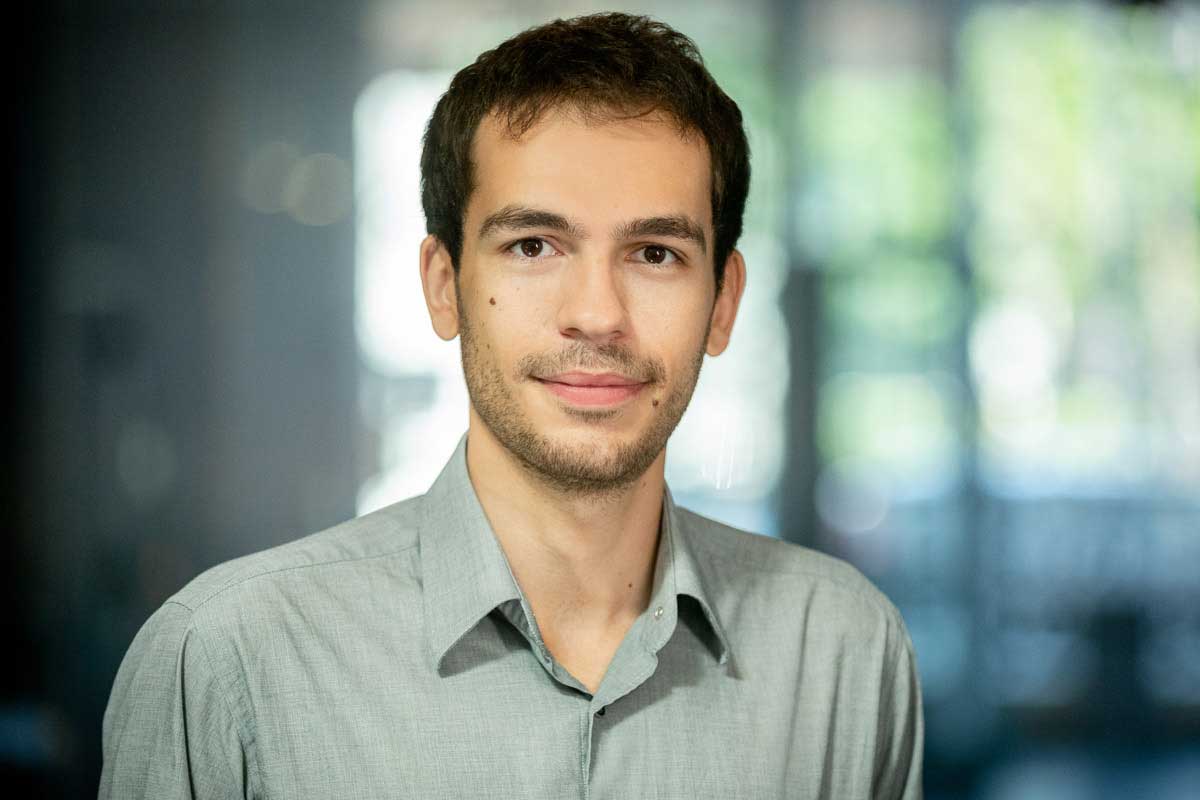Wolfgang Gatterbauer
Associate Professor

Research interests
- Data management
- Data science
- Information management
- Developing scalable approaches to perform inference over uncertain and networked data
Education
- PhD in Computer Science, Technical University of Vienna — Austria
- MS in Electrical Engineering and Computer Science, Massachusetts Institute of Technology
- MS in Mechanical Engineering, Technical University of Graz — Austria
Biography
Wolfgang Gatterbauer is an associate professor in the Khoury College of Computer Sciences at Northeastern University, based in Boston.
Gatterbauer works on the theory of scalable data management. One of his goals is to extend the capabilities of modern data management systems in generic ways and to allow them to support seemingly difficult novel functionalities. He is a recipient of the NSF Career Award and a co-recipient of the EDBT 2021 Best Paper award; an honorable mention from SIGMOD 2024; “best-of-conference” mentions from PODS 2021, SIGMOD 2017, VLDB 2015, and WALCOM 2017; and two SIGMOD 2021 reproducibility awards.
Prior to joining Northeastern, Gatterbauer was a postdoctoral fellow in the database group at the University of Washington and an assistant professor in the Tepper School of Business at Carnegie Mellon University.
Labs and groups
Recent publications
View Wolfgang Gatterbauer's publications at his website.
